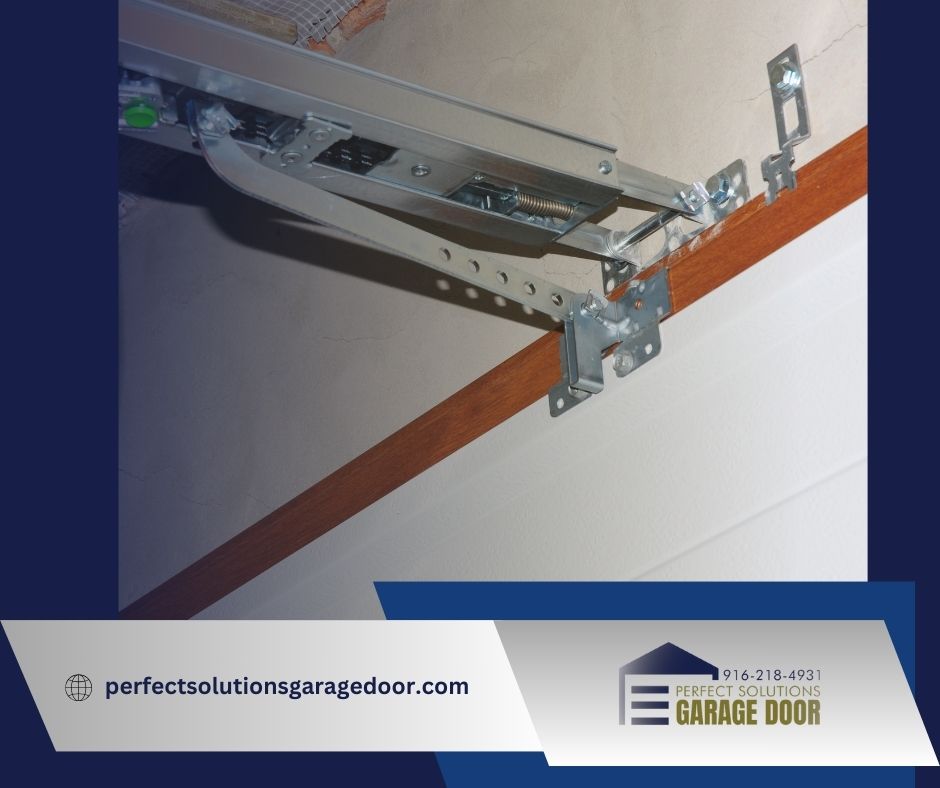The nuanced distinctions between torsion and extension springs in garage doors are pivotal to comprehend for optimal functionality and safety.
Torsion springs, mounted horizontally above the door opening, utilize torque to operate the door, while extension springs, affixed on either side of the door track, extend and contract to enable door operations.
Each type presents unique benefits and considerations, including differences in durability, safety, and cost.
This analysis aims to provide an in-depth understanding of these two integral components, fostering a sense of belonging among readers within the community of informed homeowners and professionals.
Understanding Torsion Springs
Torsion springs, a crucial component in garage door mechanisms, function by exerting a rotational or torque force when twisted. These springs are situated horizontally above the garage door opening, secured to a metal shaft. When the garage door is manually or mechanically lowered, the shaft twists, tightening the springs and storing energy. Garage door spring replacement.
As the door is opened, the stored energy is released, aiding in lifting the door. Torsion springs are praised for their durability and stability, providing a smooth, controlled motion for the door. They are also known for their long lifespan, typically outlasting other spring types.
Understanding the workings of torsion springs provides a foundation for maintaining a safe and efficient garage door system.
Unpacking Extension Springs
In contrast to torsion springs, extension springs operate on a different mechanism, offering unique advantages and challenges in the context of garage door systems. These springs are mounted on either side of the garage door and stretch horizontally when the door is closed, storing energy. As the door opens, the stored energy is released to lift the door. This mechanism allows the door to move smoothly and consistently.
However, they tend to have a shorter lifespan than torsion springs due to increased wear and tear from the stretching and contracting action. Additionally, if an extension spring breaks, it can cause damage or injury due to the uncontrolled release of stored energy. Therefore, safety cables are highly recommended to contain the spring in case of breakage. Garage door spring replacement.
Garage Door Spring Replacement: Torsion Vs. Extension Springs Explained
Torsion and Extension Springs: Which Is Better for Garage Door Spring Replacement

